Vinicius Junior made waves with a simple but powerful act of defiance during Real Madrid's 2-0 victory over Valencia on Thursday, February 3.
During the first half of that La Liga clash, the Brazilian played in blacked-out Nike boots, robbing the sportswear giant of the brand awareness they'd hoped for when they signed him up to a 10-year sponsorship contract in 2013.
Vinicius was just 13 years old when he penned his initial deal with the company and he extended terms by a further decade in 2018. However, since that new contract was signed the forward's profile has exploded.
Now one of the most marketable players on the planet, Vinicius' protest was in response to a perceived lack of appreciation for his new world-class status. However, Vinicius did slip on some neon yellow boots for the second half and, ironically, this coincided with a marked improvement in his display.
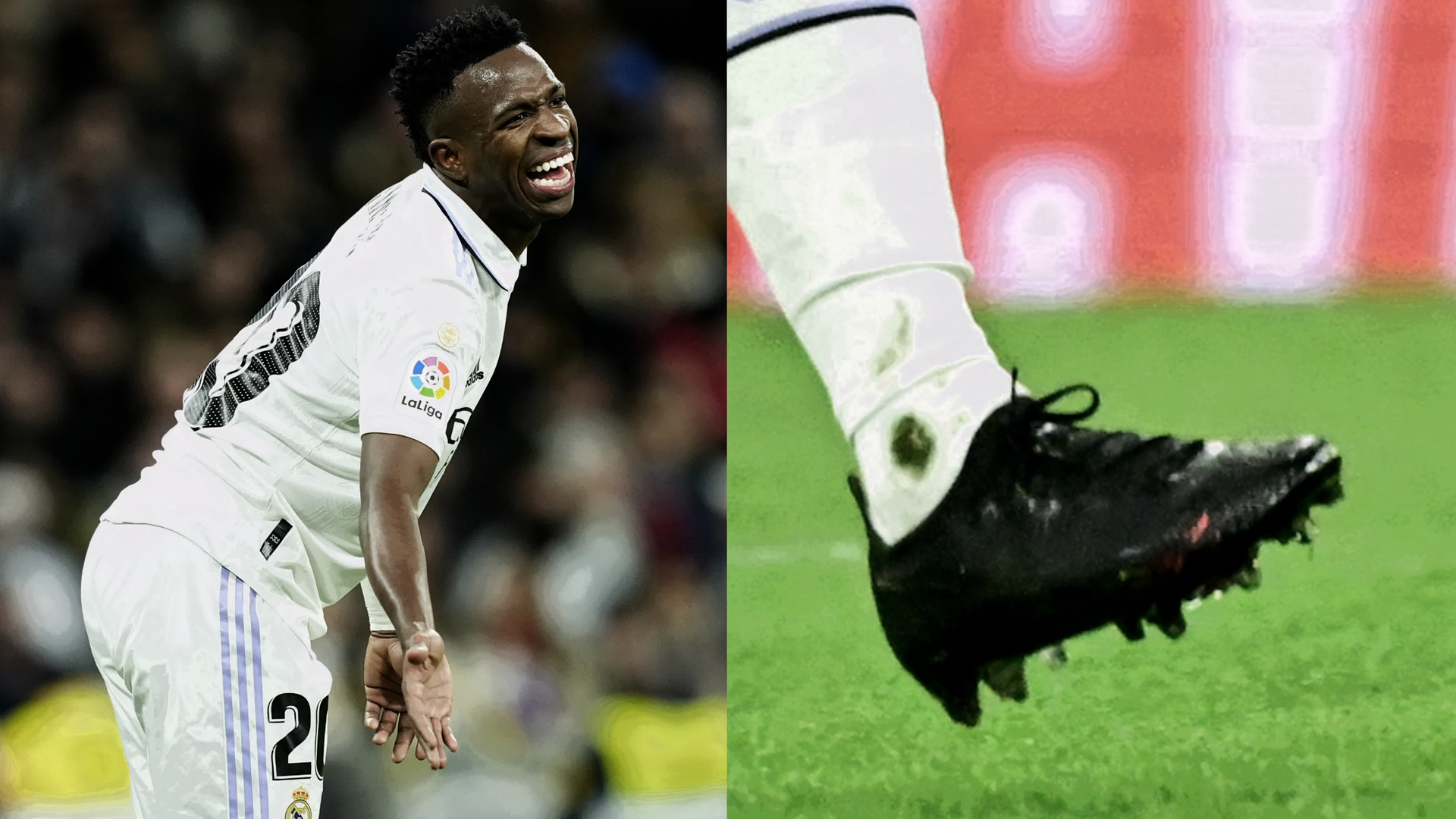.png?format=pjpg&auto=webp&width=3840&quality=60) Getty/GOAL
Getty/GOALShortly after Marco Asensio had given Madrid the lead with a stunning left-footed effort from outside the box, Vinicius channeled a mix of Gareth Bale and Thierry Henry, showing devastating pace to race onto a through pass before rolling the ball past the stricken Giorgi Mamardashvili.
After the incident, a source close to the player told The Athletic: "Vini’s contract with Nike has expired. We are in no hurry to sign with another brand. The key for us is to find the right company that appreciates and believes in Vini and is willing to invest in his brand through campaigns and activation worldwide."
The comments offer a neat summation of the changing nature of the traditional boot deal in 2023. This is a trend that has been slowly brewing since the pandemic, with the game's brightest stars seeking more autonomy over their image than ever before.
For instance, when Erling Haaland made his first appearance for Manchester City – in a pre-season friendly against Bayern Munich – he was spotted wearing the adidas X SPEEDPORTAL boots. The sight of the Norwegian striker in the bright green boots started the speculation cycle, with rumours that he was on the cusp of signing a permanent deal with adidas.
Instead, Haaland followed up his Three Stripe appearance by wearing the Nike Mercurial Vapor 14 for his Premier League debut. Throughout his young career so far, Haaland has always been a Mercurial man, and it seems fitting that he scored his first Premier League goals while wearing his favourite silhouette. Haaland’s relationship with Nike, and the Mercurial, had previously been more formal, with a lucrative €1 million deal in place with the American giant.
That deal came to an end at the start of January 2022, and Haaland has been without an official boot deal ever since. The striker seems to be enjoying the freedom though. On-pitch, he’s been able to try out new adidas silhouettes alongside his preferred Nike option, while away from the pitch, he’s been spotted in new releases from each brand, including the Travis Scott x Air Jordan 1 Low “Reverse Mocha” and a recent Liam Gallagher x adidas Spezial collaboration.
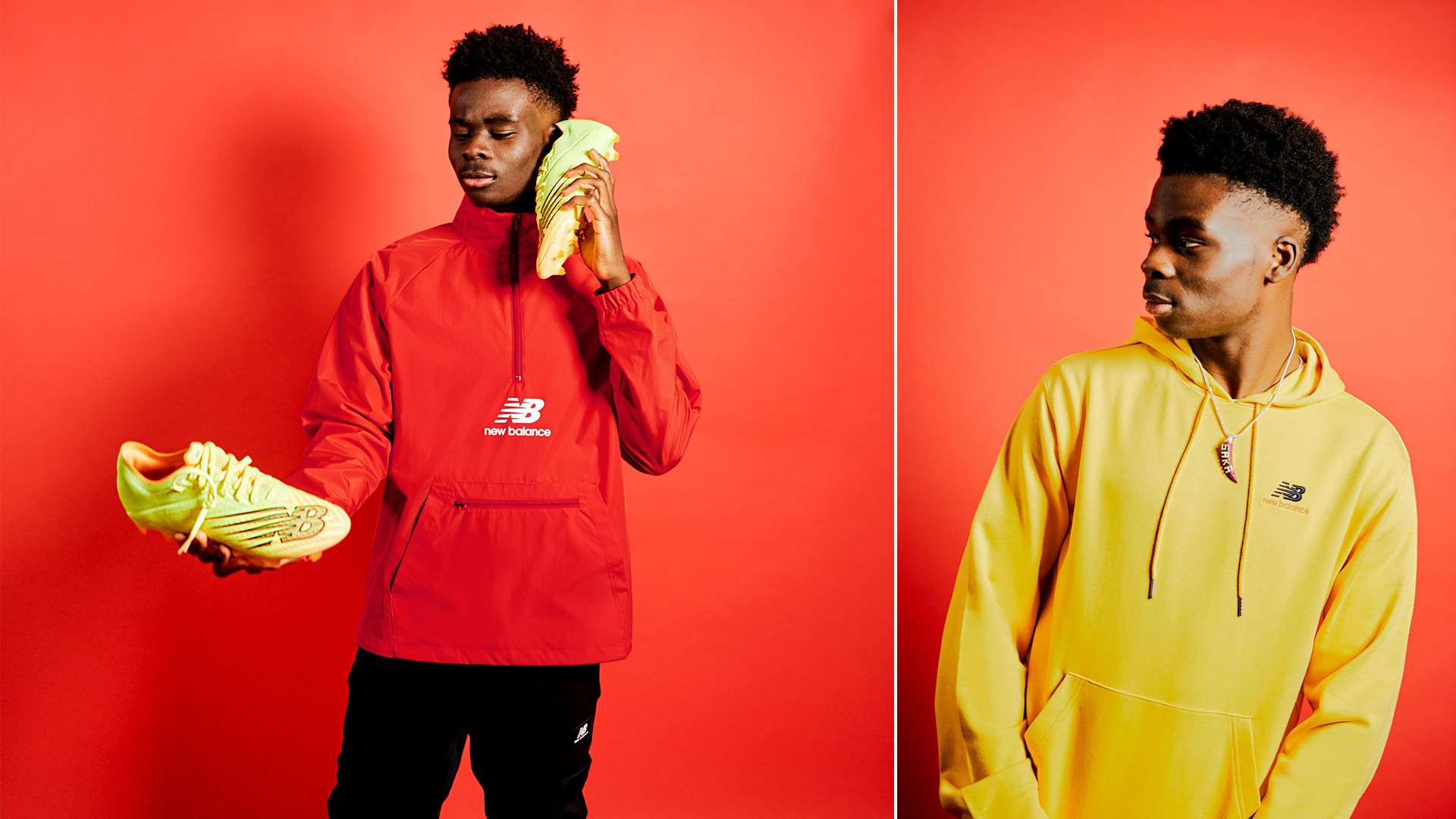 New Balance
New BalanceIn addition, last year The Athletic reported on Thiago (who wore adidas, Nike, blacked-out boots and even Mizuno), Raheem Sterling and Bukayo Saka amongst others, all of whom were coming to the end of their Nike deals and due to be released by the Swoosh.
Since then, all three players have signed new deals – Thiago with adidas, while Saka and Sterling are at the forefront of the New Balance revolution – but the endorsement landscape has changed dramatically as brands take a different direction.
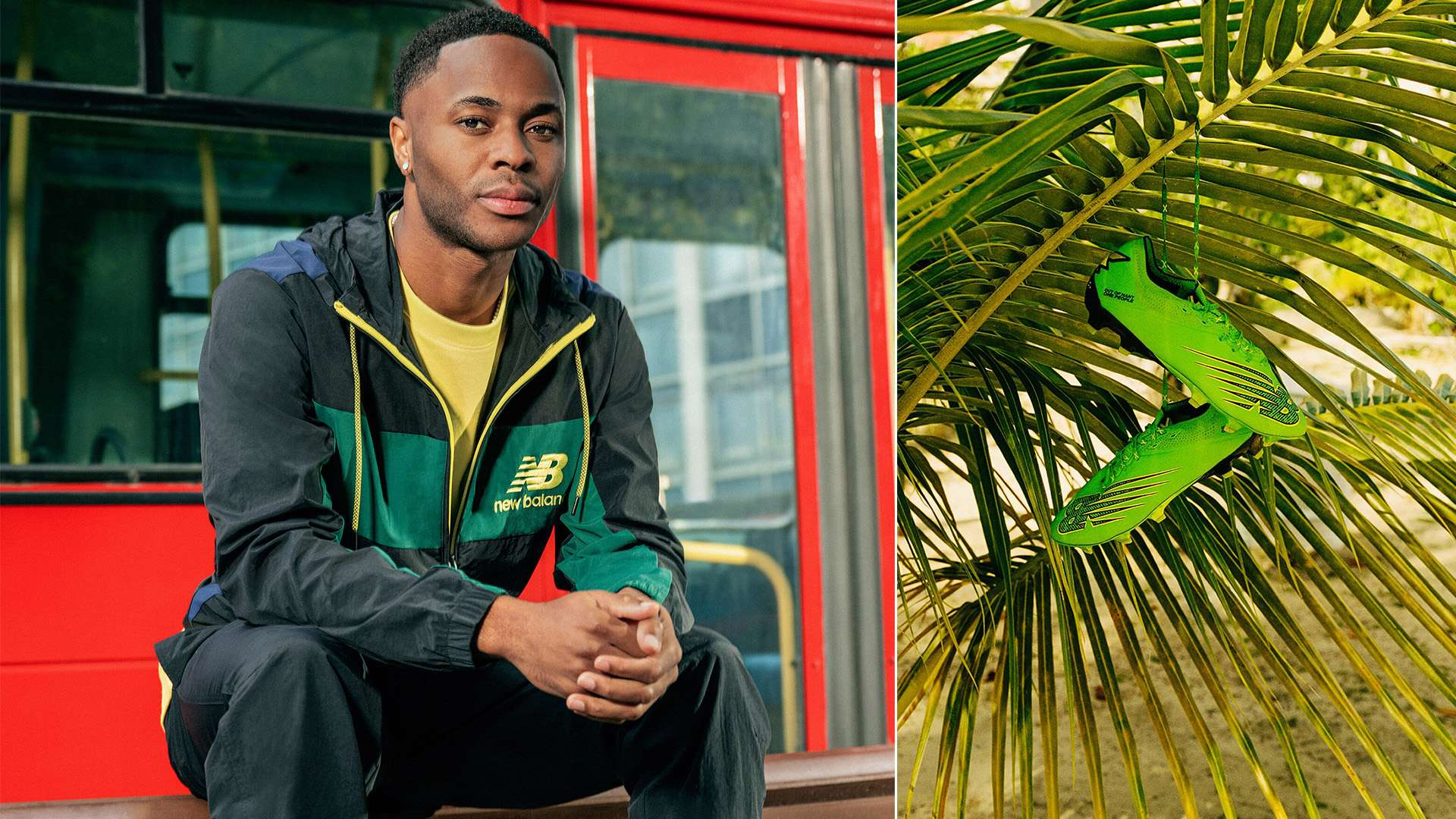 New Balance
New BalanceThe reasons for the new approach from major brands have never been disclosed, and a number of theories were put forward. The most obvious is the financial impact of COVID-19, which hit Nike and adidas hard and led to a general belt-tightening. In this context, it makes sense if Nike cut back on some of their secondary endorsement deals, and instead focus on the reliable big hitters: Cristiano Ronaldo and Kylian Mbappe.
Nike has also narrowed its scope to focus on players who fit into its “Purpose”-driven approach. The brand has continued to champion Marcus Rashford, and reworked its “Dream Crazy” ad format to celebrate the Manchester United player with the line “Boys from Wythenshawe don’t just become champions. They champion change.”
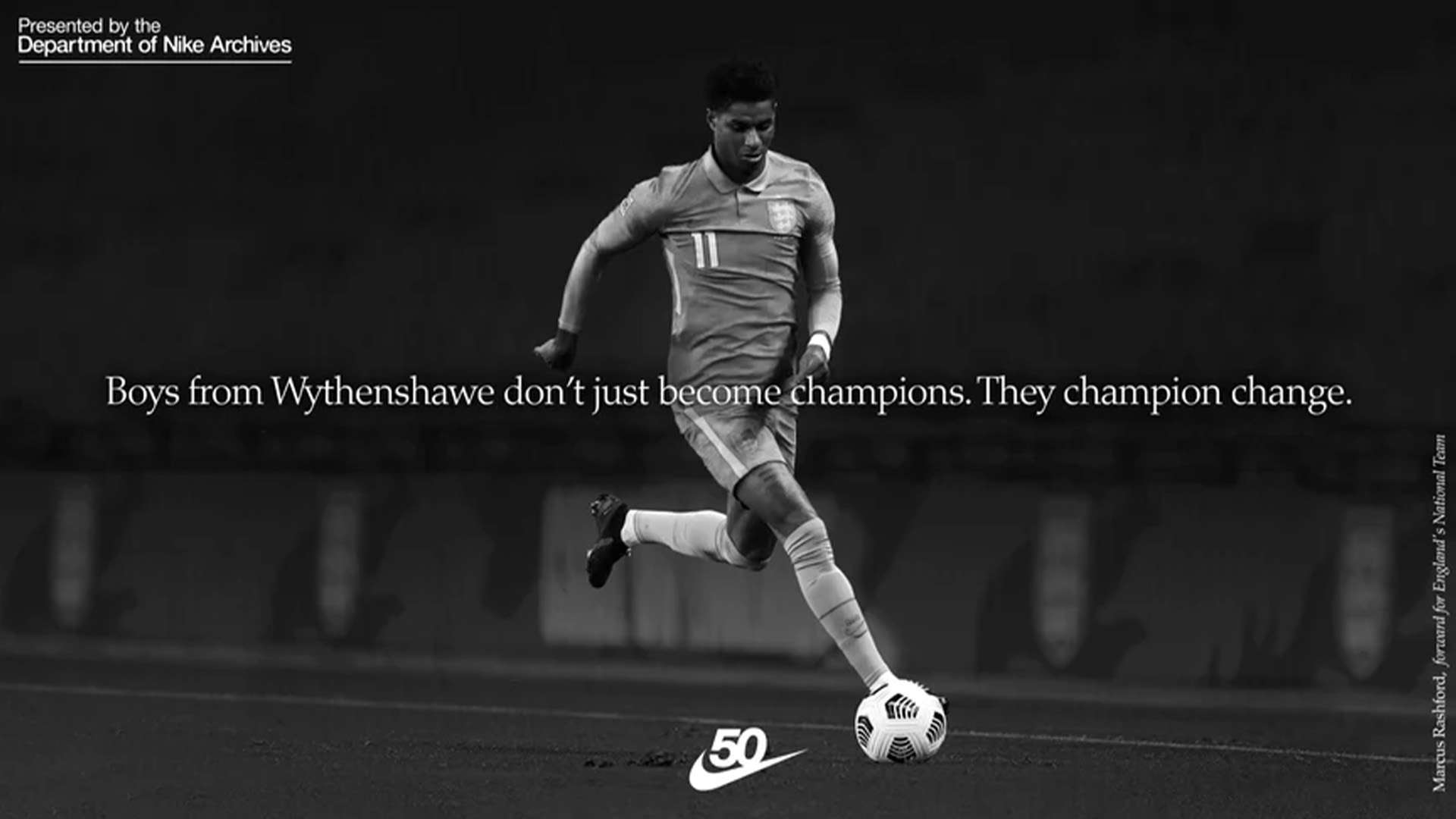 Nike
NikeSimilarly, New Balance’s decision to sign up players like Sterling were driven by the same ambition, and if those comments to The Athletic are anything to go by, Vinicius - an outspoken critic of La Liga's handling of racist abuse - is looking for a similar deal with his new sponsor. When he announced the partnership in 2021, Sterling said that he wants “to continue to do things that help people, that give them opportunities and a chance to better their lives.” He went on to explain that New Balance shared this vision, and this was why he decided to sign with them, rather than the rumoured Jordan and PUMA deals.
As major brands take a step back from the sometimes scattergun approach to endorsements, they will continue to champion their biggest names – and best sellers. For Nike, this is Ronaldo and Mbappe, while adidas have a lifetime deal with Lionel Messi and PUMA signed a huge endorsement deal with Neymar Jr. Other players, though, stand to lose out on a potentially lucrative income stream.
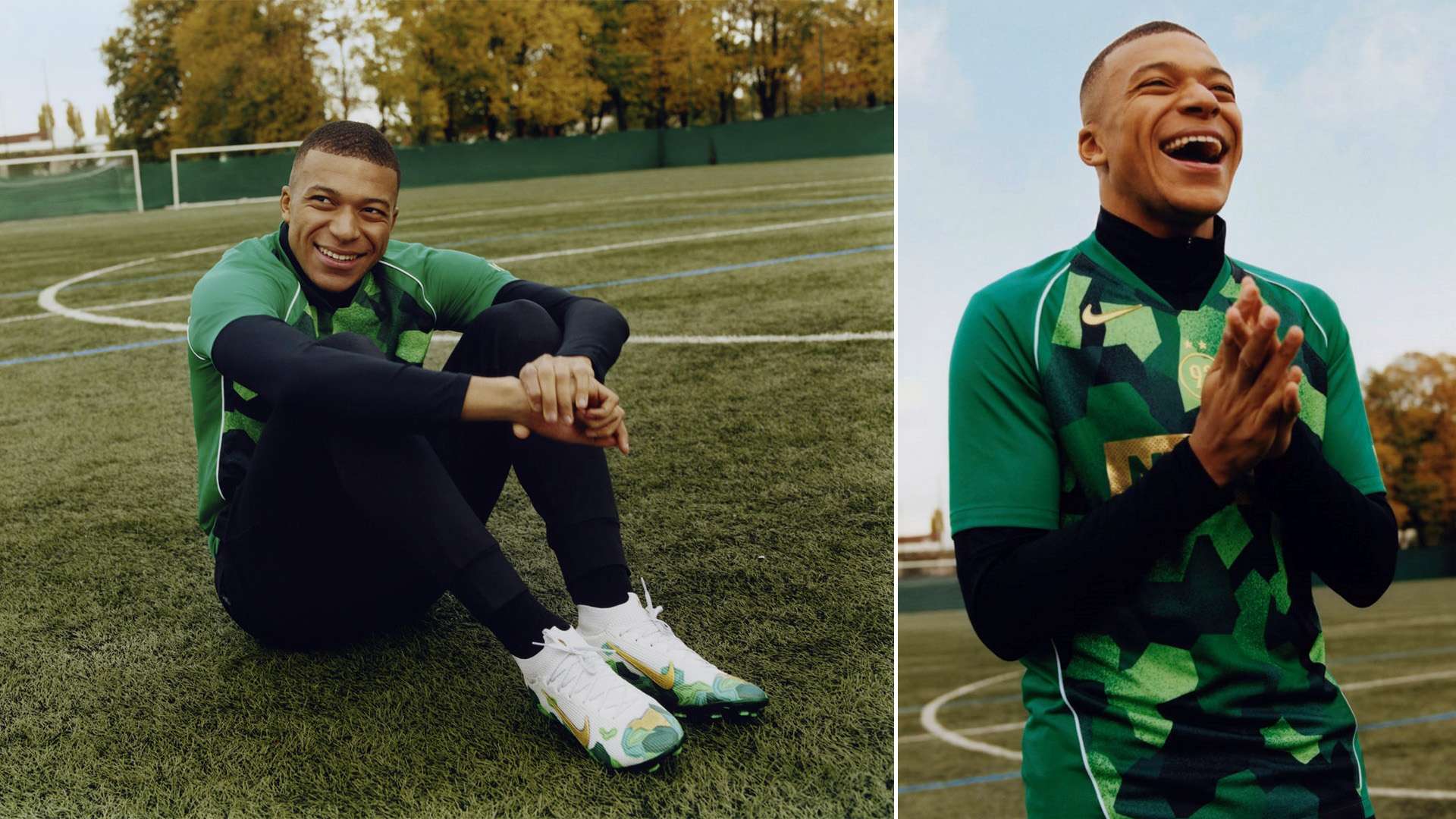 Nike
NikeThe benefit for players, if they move outside of this set structure, is the freedom that comes with it. While Haaland can now choose which trainers he wears whenever he wants, he will also be free from the most far-reaching aspects of a boot deal. In some instances, this can go far beyond just the boots or trainers worn by a player on match days, and cover a whole host of other products. If you’re signed to a brand like adidas, which makes everything from deodorant to headphones as well, this can have a huge impact.
Writing on his blog, sports lawyer Daniel Geey explained that these deals can cover everything, including “athletic footwear, clothing and accessories like bags, gloves and hats… [it] may also cover sunglasses, golf clubs, sports equipment, headphones, personal care and hygiene products, watches and electronic accessories”. Crucially, this sort of deal can also limit other partnerships for a player. Sure, their boot deal might be one of their biggest deals, but if it reduces the capacity to sign other endorsements, then the financial risk may outweigh the benefits. As Geey continues, “if a player’s boot deal is so wide to cover a large number of products, the player should be aware that the scope to enter into additional commercial deals will be limited.”
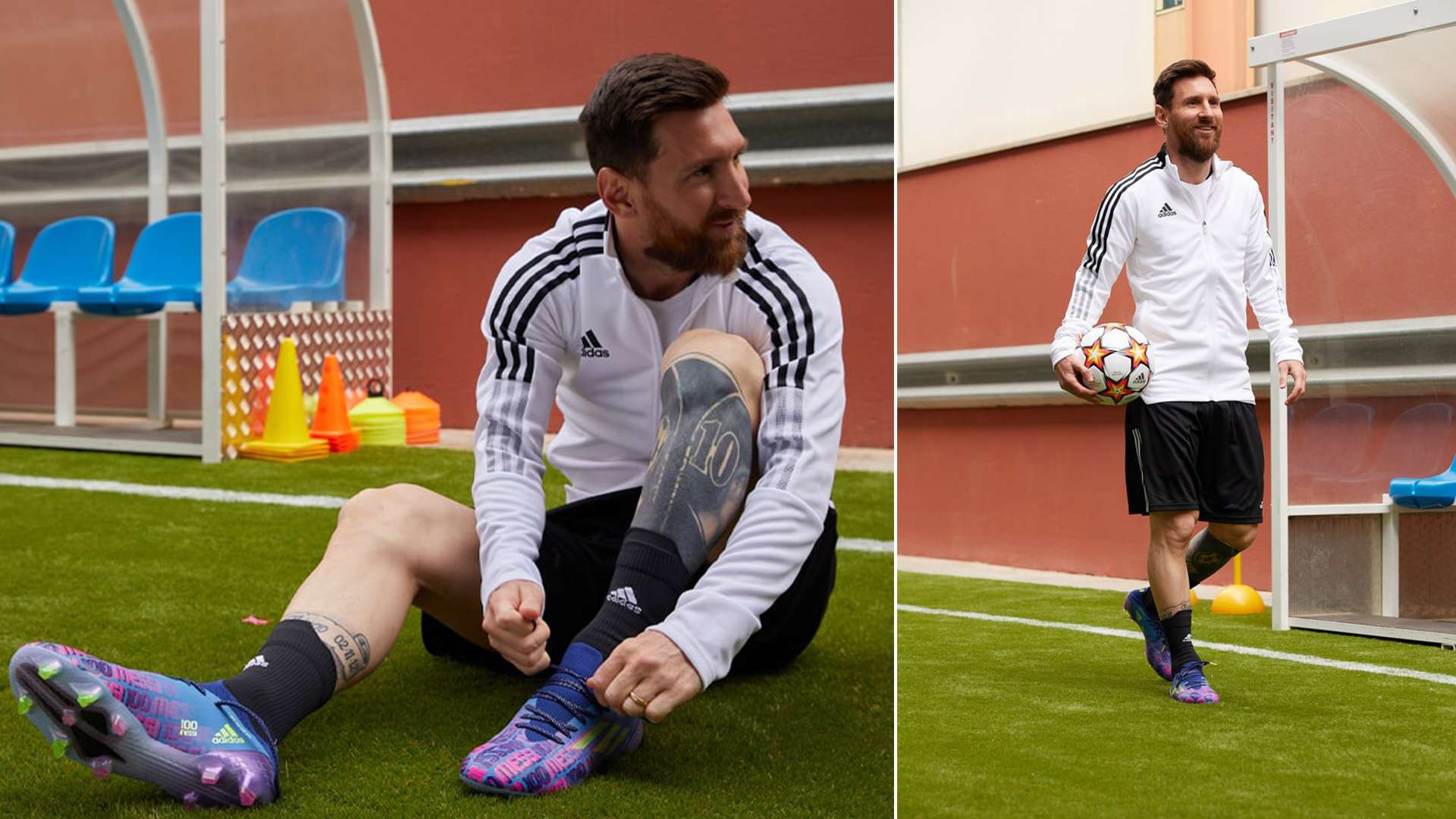 adidas
adidasA player’s freedom isn’t just tied to the ability to sign commercial deals. Some just like to have the choice to wear what they want, while others relish no longer having to toe the party line or would rather push their own projects instead. When Mesut Ozil’s contract with adidas was winding down, his agent announced that he would focus on his own label. “Some players reach the end of their career and then try to build a brand, but we think that is too late,” said Dr. Erkut Sogut. “You can either work with these brands for life like David Beckham or Zinedine Zidane, or you can build your own brand, using the time when you are still actively playing to promote things.”
The traditional boot deal is being squeezed from both sides. On one hand, manufacturers are focusing on high-profile players who can offer a guaranteed return, while on the other hand players, newly liberated from restrictive commercial contracts, are relishing the freedom. It’s unlikely that players will rip up their contracts en masse, but more and more players are showing that they can prosper outside of the usual framework. Somewhat surprisingly, a new model for boot deals could benefit both players and brands.
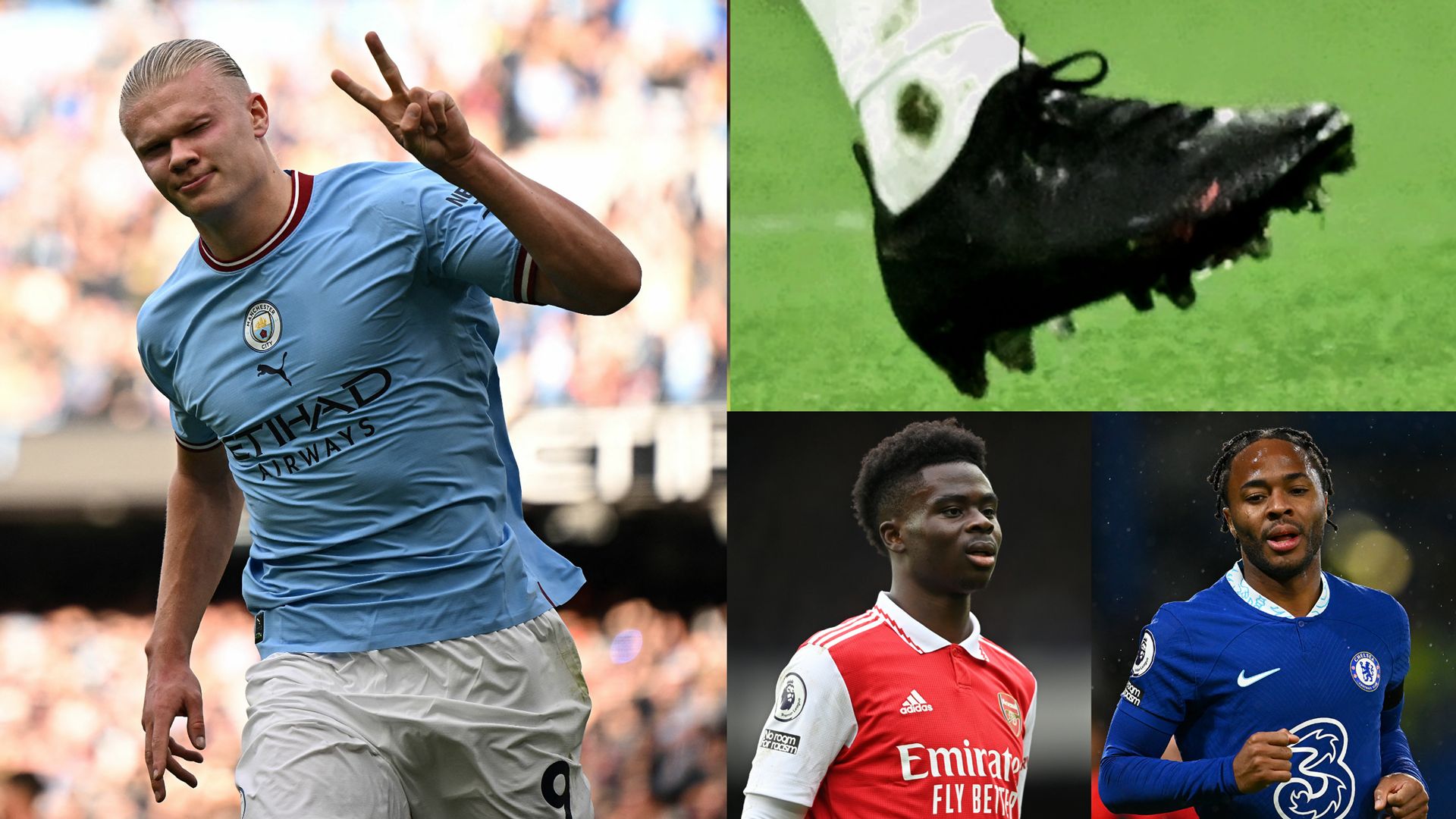.png?auto=webp&format=pjpg&width=3840&quality=60)